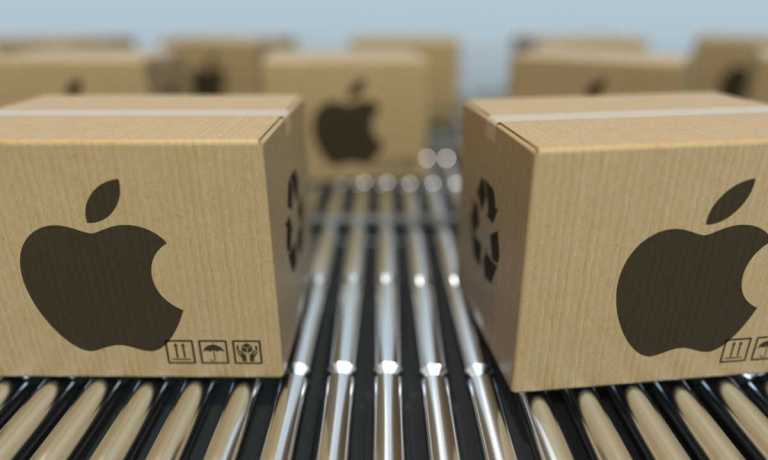Apple: COVID Has Slowed iPhone 14 Shipments

One week after reports that China’s COVID outbreak was hampering production on Apple’s iPhone 14, the company made it official.
“We continue to see strong demand for iPhone 14 Pro and iPhone 14 Pro Max models,” Apple said in an update Sunday (Nov. 6) on production cutbacks at its Zhengzhou, China facility.
“However, we now expect lower iPhone 14 Pro and iPhone 14 Pro Max shipments than we previously anticipated and customers will experience longer wait times to receive their new products. We are working closely with our supplier to return to normal production levels while ensuring the health and safety of every worker.”
Last week, Foxconn, Apple’s chief iPhone assembler, announced it was shifting operations to other parts of China to deal with a growing COVID outbreak.
“With the current pandemic situation it is a protracted war to do a good job keeping more than 200,000 employees safe,” the company said in a stock exchange filing.
A source told Reuters at the time that the move could cause iPhone production to drop by 30% in November, while other reports estimated that the outbreak impacted more than 10% of worldwide iPhone production capacity.
PYMNTS noted last month that Apple saw $42.6 billion in iPhone sales in its latest quarter, a 9.7% increase while facing supply constraints with its costlier iPhone Pro and Pro Max offerings.
Read more: Apple’s Services Growth Dips to 5% as Ads and Games Slow
Apple earlier this year was reportedly looking to move some of its iPhone 14 production to India with the aim of shrinking the production time for new phones from nine months down to six.
The Silicon Valley tech giant has relied on China to manufacture its smartphones since they debuted 15 years ago but has begun looking for alternatives because of Chinese President Xi Jinping’s attitude toward U.S. businesses.
And while the popularity of the iPhone had dipped somewhat in China, Apple has a ripe consumer base thanks to India’s 1.4 billion people. Meanwhile, Indian Prime Minister Narendra Damodardas Modi has offered financial incentives for tech production as part of his country’s Make in India program.